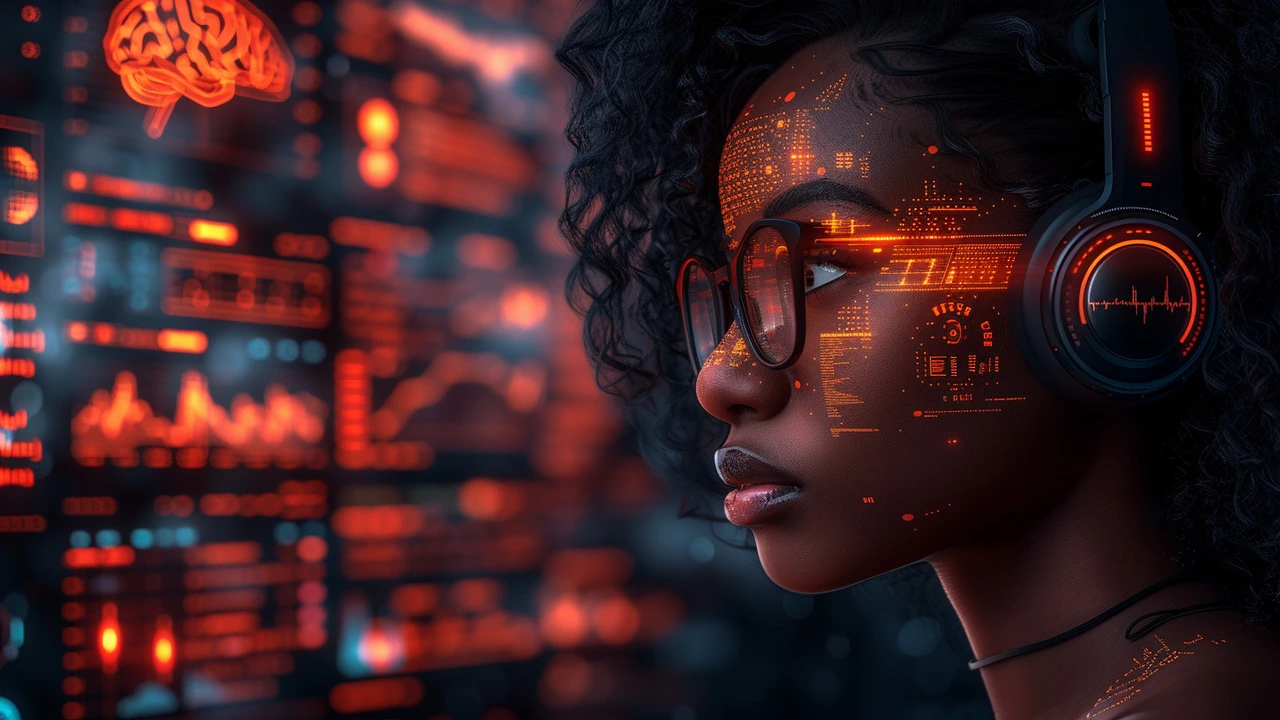The Impact of Coding on AI Innovation

The Impact of Coding on AI Innovation
Understanding the Basics: Coding and AI
Before we delve into the impact of coding on AI innovation, it is essential to understand what we mean by coding and AI. Coding, or computer programming, is the process of creating a set of instructions that computers can understand and execute. Artificial Intelligence (AI), on the other hand, refers to the simulation of human intelligence in machines that are programmed to think like humans and mimic their actions. The common point between the two is coding, which is the backbone of AI.
Coding plays a pivotal role in AI because it is the language that helps us communicate with machines. It allows us to create algorithms, which are essentially sequences of instructions that tell a computer what to do. Without coding, we can't create AI. It is the bridge that connects human intelligence with artificial intelligence.
How Coding Drives AI Innovation
Now that we understand the relationship between coding and AI, let's look at how coding impacts AI innovation. The most apparent way is that coding allows us to create increasingly sophisticated AI algorithms. These algorithms can learn from data, make predictions, and even make decisions.
Moreover, coding also allows us to continually improve and refine these algorithms. With every line of code that we write, we make our AI algorithms more accurate, reliable, and efficient. This continuous improvement cycle is what drives AI innovation.
The Role of Different Programming Languages in AI
Another point worth discussing is the role of different programming languages in AI. There are many programming languages available today, and each one has its strengths and weaknesses when it comes to AI development.
For instance, Python is often used in AI because of its simplicity and flexibility. It has a rich ecosystem of AI and machine learning libraries, making it a popular choice for AI development. Java, on the other hand, is known for its robustness and scalability, making it suitable for large-scale AI applications. Other languages like R and MATLAB are commonly used in statistical and mathematical computations, which are crucial in AI.
Challenges and Solutions in Coding for AI
While coding has undoubtedly driven AI innovation, it is not without its challenges. One of the significant issues is the complexity of AI algorithms. Writing and maintaining code for these algorithms can be a daunting task, even for experienced programmers.
Thankfully, there are solutions to these challenges. For instance, many tools and platforms simplify the process of coding for AI. These include AI platforms like Google's TensorFlow and Microsoft's Azure Machine Learning, which provide pre-built AI models and tools to help programmers write and manage their code.
The Future of Coding and AI
Looking ahead, the impact of coding on AI innovation is only set to increase. With advancements in AI technology, we'll need more sophisticated and complex code to drive these innovations. Moreover, as more industries realize the potential of AI, the demand for skilled coders who can write this code will also increase.
However, we must also be mindful of the ethical implications of AI. As we code more powerful AI algorithms, we need to ensure that these algorithms are used responsibly and ethically. In the future, coding for AI will not only be about creating the most innovative AI but also about creating AI that is fair, transparent, and beneficial to all.
About
CH Tech Development is a premier resource for the latest updates and insights in the world of technology development. We provide extensive information, articles, and guides on cutting-edge technological advancements. Explore our site to empower your knowledge about the dynamic field of tech development.
Latest Posts


Accelerating Your Programming Skills: Strategies for Efficient Code Mastery
By Victoria Gillis Jan 19, 2024

Steps to Mastering AI: A Comprehensive Guide
By Silas Hawthorne Jul 26, 2023

The Essential Role of Code Debugging in Software Development
By Cassandra Upton Nov 2, 2023

Write a comment